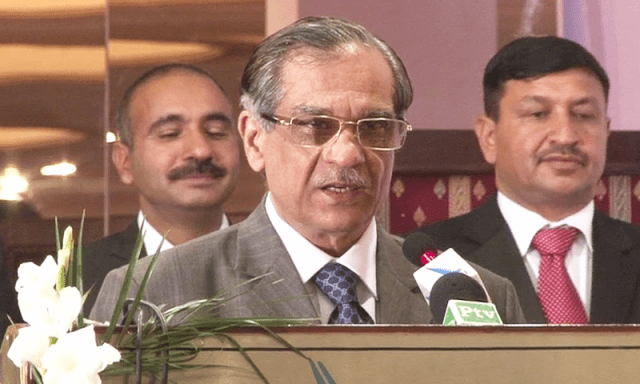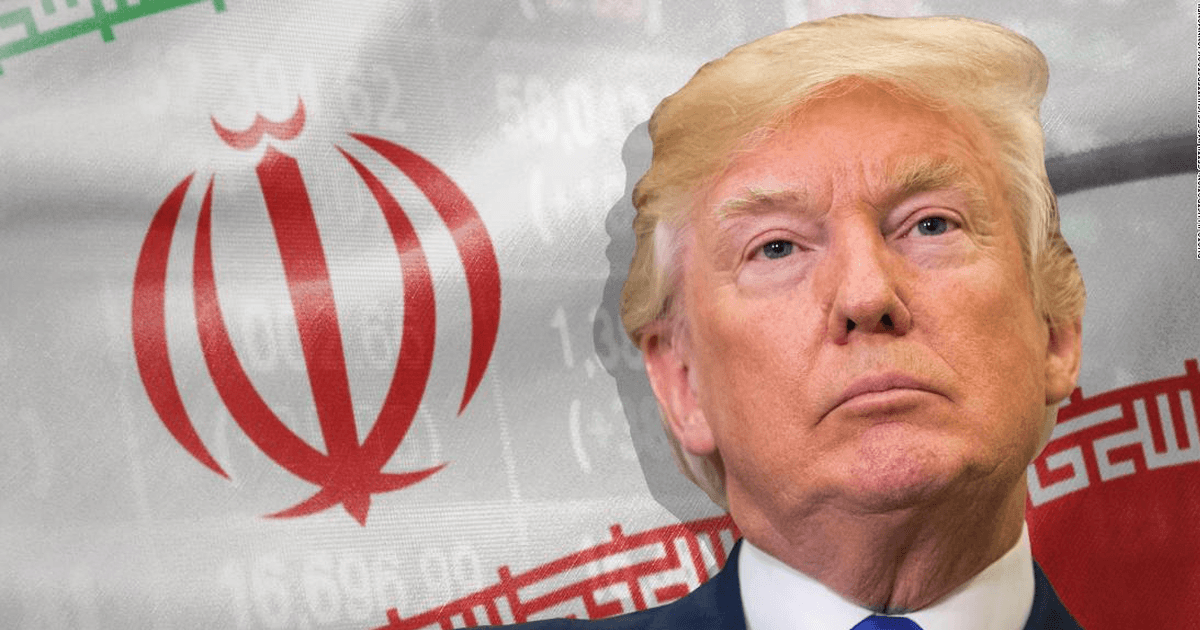News Analysis |
The Chief Justice of Pakistan (CJP) Mian Saqib Nisar took suo motu notice of the foreign bank accounts held by Pakistani citizens. Justice Nisar said that he took the notice after reports started circulating about influential people looting public money and transferring it to foreign countries.
The Supreme Court (SC) asked the Federal Board of Revenue (FBR) to submit a report about the actions they had taken against offshore companies after the release of the Panama and Paradise Papers, which revealed the details of the offshore companies owned by Pakistanis.
Some believe that since the money belonged to the public, their right has been violated so it should be termed as a human rights violation but others believe that money laundering is not a violation of basic human rights.
The CJP observed that the wealth stored in the offshore accounts is money looted from the citizens of Pakistan and is a natural asset, so it should be brought back to Pakistan. The SC directed the FBR, State Bank of Pakistan (SBP), Securities and Exchange Commission of Pakistan (SECP) and Finance Ministry to submit a detailed report regarding offshore companies to the SC.
CJP Nisar also directed the Chairman FBR Tariq Mehmood to submit a report to the court about the Pakistanis who hold accounts in Swiss banks and banks in other countries. He asked the FBR and SECP to share the details of the Memorandums of Understanding and agreements that need to be signed with other countries.
Read more: Supreme Court stops Sindh from sacking IGP
Financial experts are doubtful that the looted money can be brought back since the Swiss accounts provide a good level of evasion from taxation and secrecy to their clients, that’s the reason why Swiss bank accounts are one of the top havens for looted money. The treaty of Avoidance of Double Tax that was signed at the start of 2018 only covers transactions from January 2018 and onwards. It does not take into account the past transactions.
Article 184(3) allows the SC to take suo motu notices in the cases of human rights violations termed in the Constitution of Pakistan. Legal experts are disputed about whether money laundering comes under the violation of basic human rights.
Most legal experts are questioning the Supreme Court’s jurisdictions because of the ever-increasing number of suo motu notices taken by the SC. Bringing back looted money from foreign banks is the domain of the executive branch of the state. SC’s interference in the workings of the executive branch creates an issue of balance of power that must result in a severe crisis.
Political experts believe that the executive matters should be left to the executive bodies and the sanctity of the vote should be respected. They are of the opinion that the right of government belongs to the leaders elected by the people of Pakistan and taking so many suo motu notices interferes with the power of the elected leaders.
Read more: Supreme Court summoning of Sindh CM highlights water crisis
Article 184(3) allows the SC to take suo motu notices in the cases of human rights violations termed in the Constitution of Pakistan. Legal experts are disputed about whether money laundering comes under the violation of basic human rights. Some believe that since the money belonged to the public, their right has been violated so it should be termed as a human rights violation but others believe that money laundering is not a violation of basic human rights.













